(November 14, 2022) Megha Sudha Reddy can often be spotted in the company of Paris Hilton, Eva Longoria, Elizabeth Hurley, a galaxy of Hollywood stars and the world’s most influential leaders. Her iconic red-carpet appearances on the world stage are just too many.
From the Global Gift Gala to the MET Gala, Paris Couture Week and the First Ladies Luncheon — Sudha Reddy has stunned the global audience like no other. But that is only one part of her introduction. Philanthropy forms the other, more important part.
“I am an avid connoisseur of art, fashion, and the finer things in life,” smiles Megha Sudha Reddy, the Director of Megha Engineering and Infrastructure Limited MEIL) in an exclusive conversation with Global Indian.

Sudha Reddy at the Met Gala 2021, wearing a Falguni Shane Peacock gown and Chanel stilletos. Photo: ANI
One of the leading business tycoons of India, a global fashion icon, socialite, philanthropist and globe trotter, Sudha Reddy gets into the distinct roles with such elan that she stuns the world in everything that she does.
A brief conversation with her will tell you that Sudha lives life on her own terms.
Fashion Icon
“My style is a replica of my personality. It is versatile and unique,” says Sudha Reddy, who was among the few invitees to the prestigious F4D (Fashion 4 Development) Annual First Ladies Luncheon during the 77th session of the UN General Assembly in New York this year. Powerful women from various fields including fashion, politics and business ventures attended the mega event.
The fashion icon was honoured with the Fashion 4 Development Philanthropy Award by New York State Senator Alessandra Biaggi. Previous winners include Charlize Theron, Diane Kruger, Arianna Huffington, Diane Von Furstenberg, Naomi Campbell, Amber Heard, Ellie Goulding and Victoria Beckham.
Leaving a mark in the global fashion circles, the billionaire walked the red carpet at the 2021 Met Gala. She is also the first woman from south India to have been invited by the committee of the Chambre Syndicale de la Haute Couture in 2022.
Showcasing India’s artistic heritage
“My sole aim for this trip was to highlight India’s rich artistic heritage. Indian craftsmanship is something that has to be celebrated on the world stage,” says the billionaire who has attended private dinners hosted by some of the most prominent designers, including Christian Dior, Rahul Mishra, Giambattista Valli, Alexandre Vauthier, Armani Privé, Zuhair Murad and Rami al Ali, and Fendi.
She says that engaging in discourse with world’s most influential leaders at all the prestigious events she attended, offered her an opportunity to share her vision with them. “I feel blessed to represent my country on a global stage,” says the fashionista.
Her inspirations ? “Princess Diana and Marilyn Monroe,” says the MEIL director, who was the first guest in the new Mandarin Oriental Hotel in Lucerne, Switzerland, recently, which is a rare honour for an Indian.
Globe-trotting and attending the mega events have enabled Sudha Reddy to expand her horizons and gain exposure. “Most importantly, I have learnt that there is always room for learning more,” says Sudha, who received a personal invite from Paris Hilton, requesting her presence at the launch of her fragrance in Mumbai last month.
View this post on Instagram
At work
When it comes to her work at Megha group of industries, the wife of top industrialist Megha Krishna Reddy and mother of two says that while there have been challenges, it has been a fulfilling journey. “Our focus is to take India’s infrastructural capacity to newer heights, in terms of road and highway infrastructure,” says the company’s director.
Born and brought up in Andhra Pradesh, she credits her husband Krishna Reddy, whom she describes as a great source of learning. “Sheer hard work has ensured that we and our family of 7,000 employees have turned dreams into reality,” says Sudha Reddy.
One of the major ongoing projects of Megha Engineering and Infrastructure Limited (MEIL) is the Zojila Pass tunnel, with which they have created a place for itself by drilling a tunnel in the Himalayan range, the first of its kind in such a geographical zone.
Philanthropy
Making the world a better place is a mission Megha Sudha Reddy has chosen for herself.
“I have witnessed the struggles of the underprivileged communities across India. We all have something to give back to the society and do our bit. I am doing mine,” says Sudha.
Through the Sudha Reddy Foundation, the business tycoon is working tirelessly towards affordable healthcare, accessible education for the underprivileged even as she has taken massive steps in spreading awareness about cancer and other chronic diseases.
“Working for these causes is my mission. It keeps me motivated and drives me to do more for the people,” says the recipient of “Champions of Change” award from the Telangana government. She firmly believes that donating time, money or skills positively impacts lives of many people.
View this post on Instagram
She is actively associated with Action Against Hunger and Poverty, Breast Cancer Research Foundation and Fight Hunger Foundation.
“Anyone who is in a position to give back to society should do their bit,” feels Sudha Reddy, who advocates for equitable medical care and literacy while providing women and children with a forum to have their voices heard.
With kindness and compassion at the centre of her mission, she aims at aiding and uplifting many more lives across the length and breadth of India.
Not only does she work alongside American actress Eva Longaria to raise awareness about children suffering from chronic diseases, Sudha Reddy, she previously collaborated with Elizabeth Hurley to work toward breast cancer awareness.
Fitness freak
Whether she’s working, travelling or attending mega events around the world, the business tycoon makes it a point to devote some time to fitness. She never misses her 90 minute workout schedule, five days a week.
“I also practice yoga and eat in moderation. Regular exercising keeps stress at bay,” smiles Sudha Reddy, who regularly takes to meditation and indulges in various religious activities. “Prayers have healing powers,” is her firm belief.
- Follow Sudha Reddy on Instagram



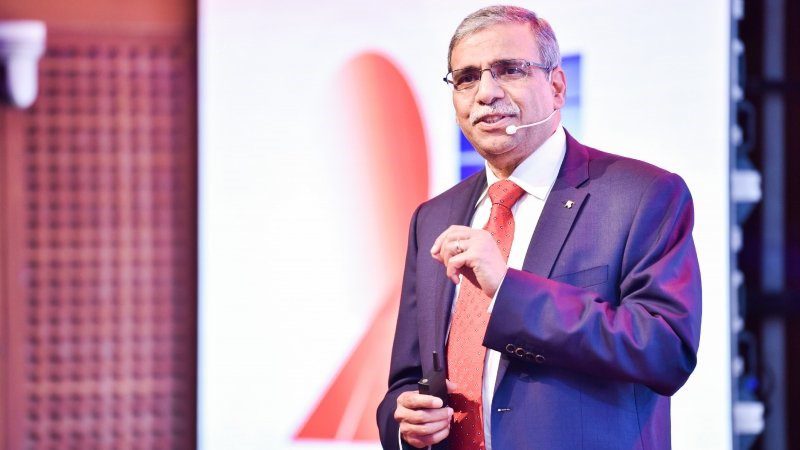 Professor Dipak Jain. Photo:
Professor Dipak Jain. Photo: 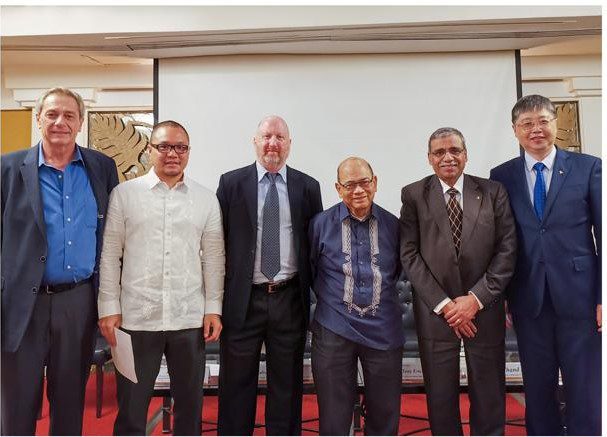 Prof Jain with alumni from CEIBS[/caption]
Prof Jain with alumni from CEIBS[/caption]
 Nowsheen Yaqoob, founder, Auracious Global Consulting[/caption]
Nowsheen Yaqoob, founder, Auracious Global Consulting[/caption]
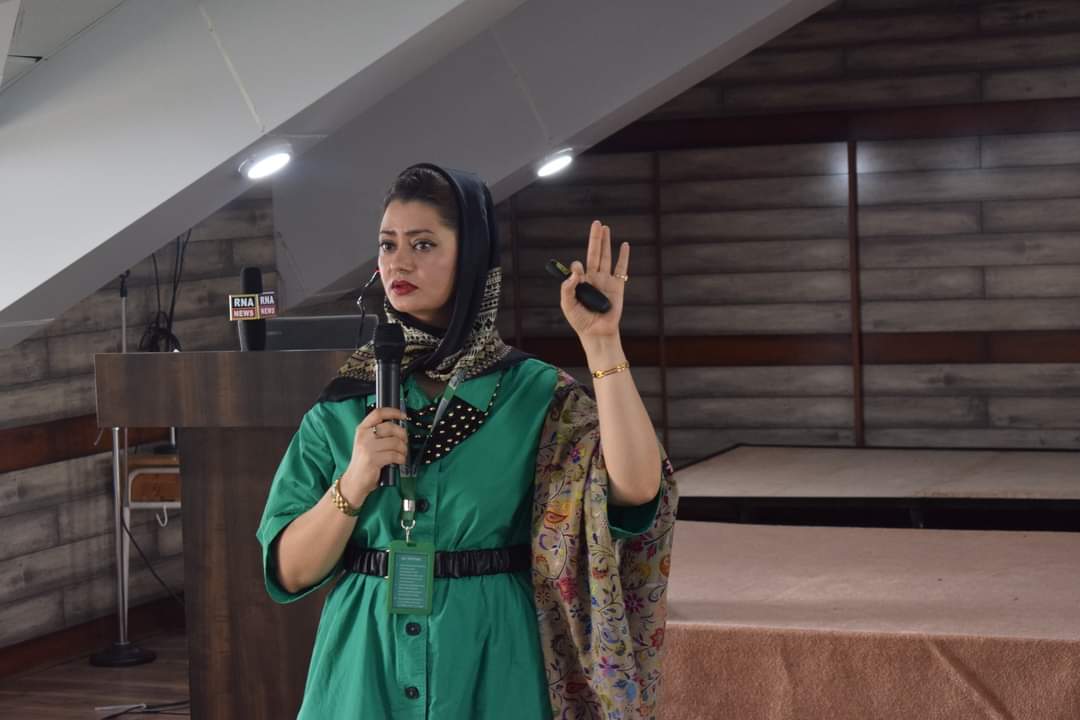
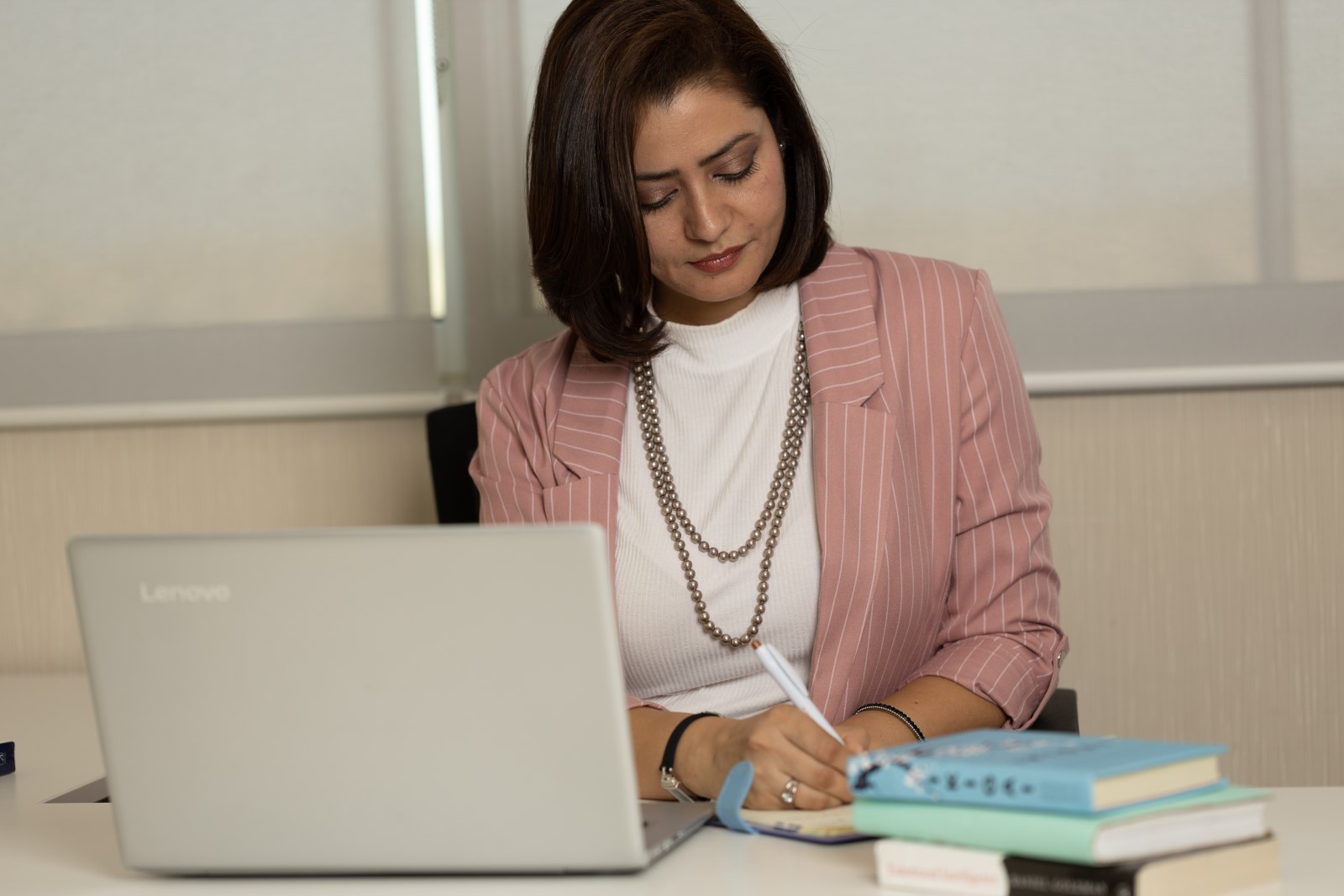

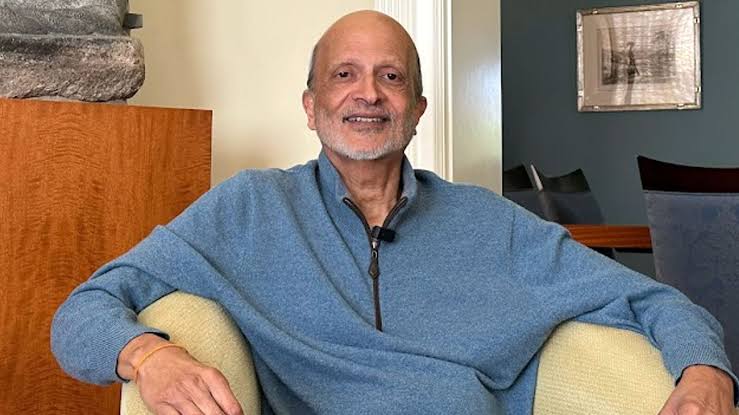
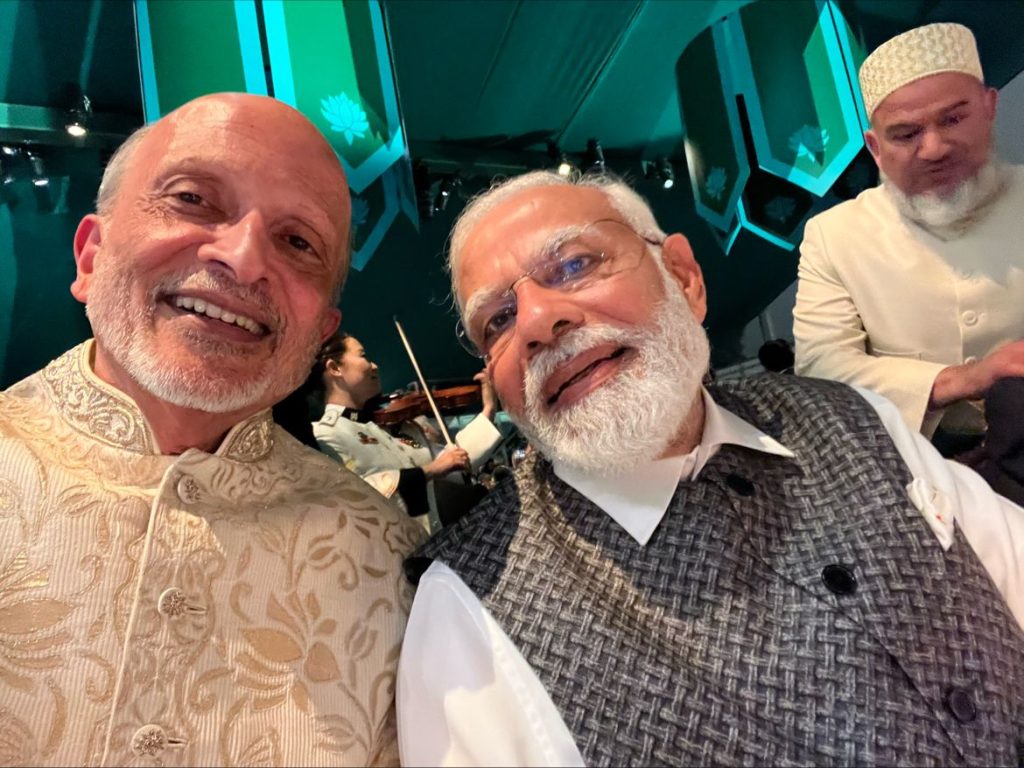 MR Rangaswami with PM Narendra Modi[/caption]
MR Rangaswami with PM Narendra Modi[/caption]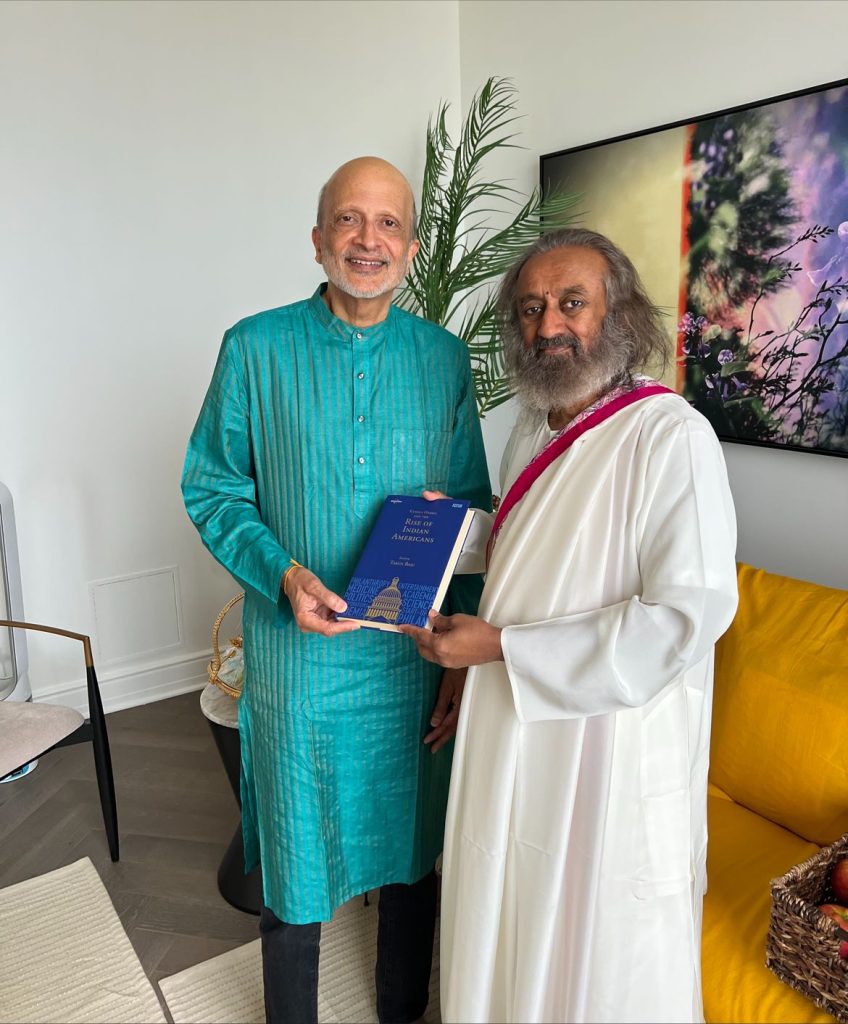 MR Rangaswami and Sri Sri Ravishankar[/caption]
MR Rangaswami and Sri Sri Ravishankar[/caption]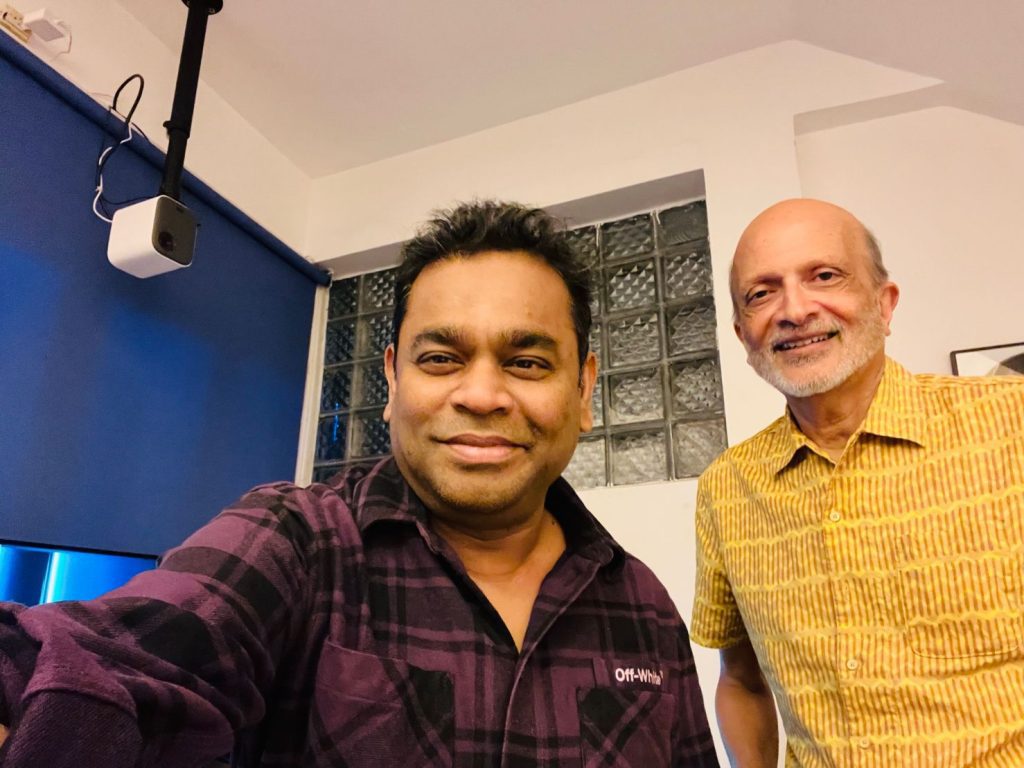

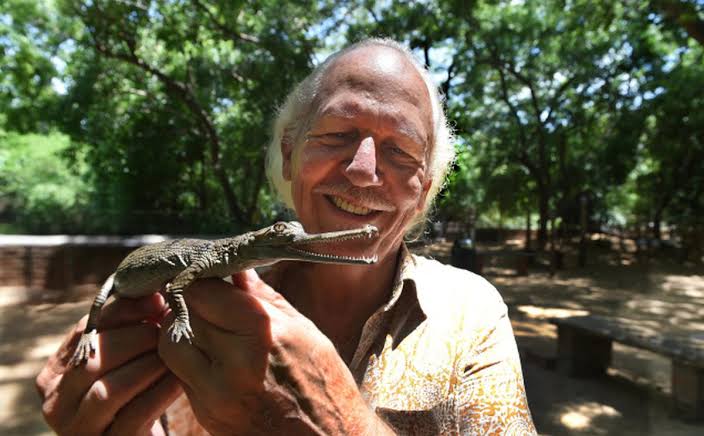 Romulus Whitaker[/caption]
Romulus Whitaker[/caption] Romulus Whitaker[/caption]
Romulus Whitaker[/caption]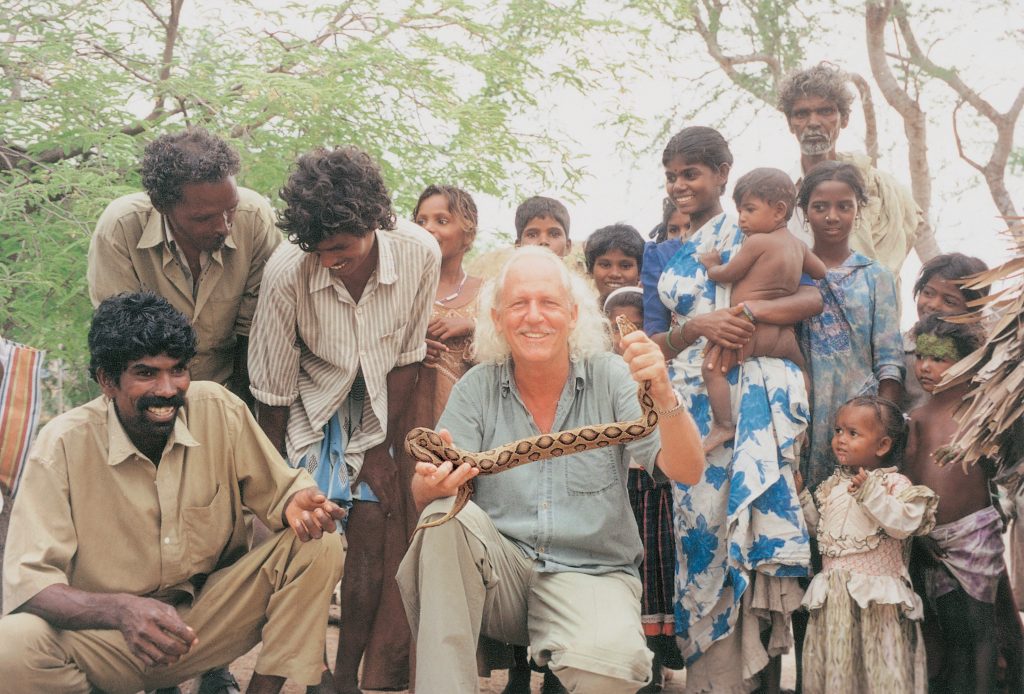 Romulus Whitaker with tribals[/caption]
Romulus Whitaker with tribals[/caption]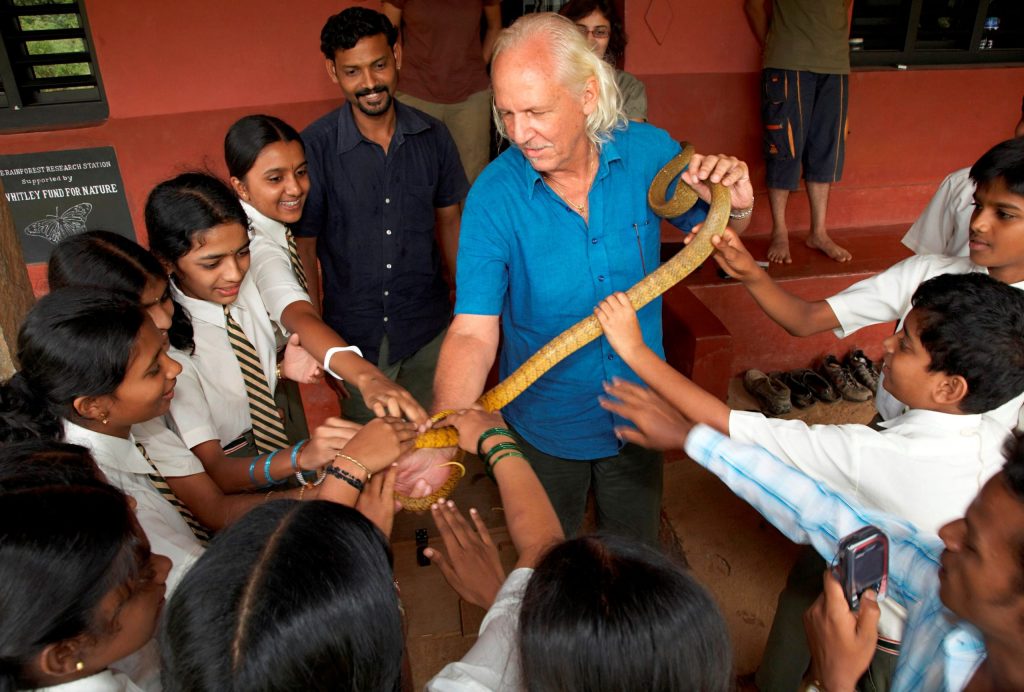 Romulus Whitaker with school kids[/caption]
Romulus Whitaker with school kids[/caption]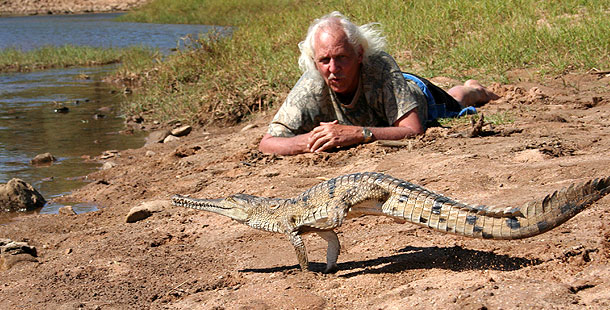 Romulus Whitaker[/caption]
Romulus Whitaker[/caption] Romulus Whitaker during a talk[/caption]
Romulus Whitaker during a talk[/caption]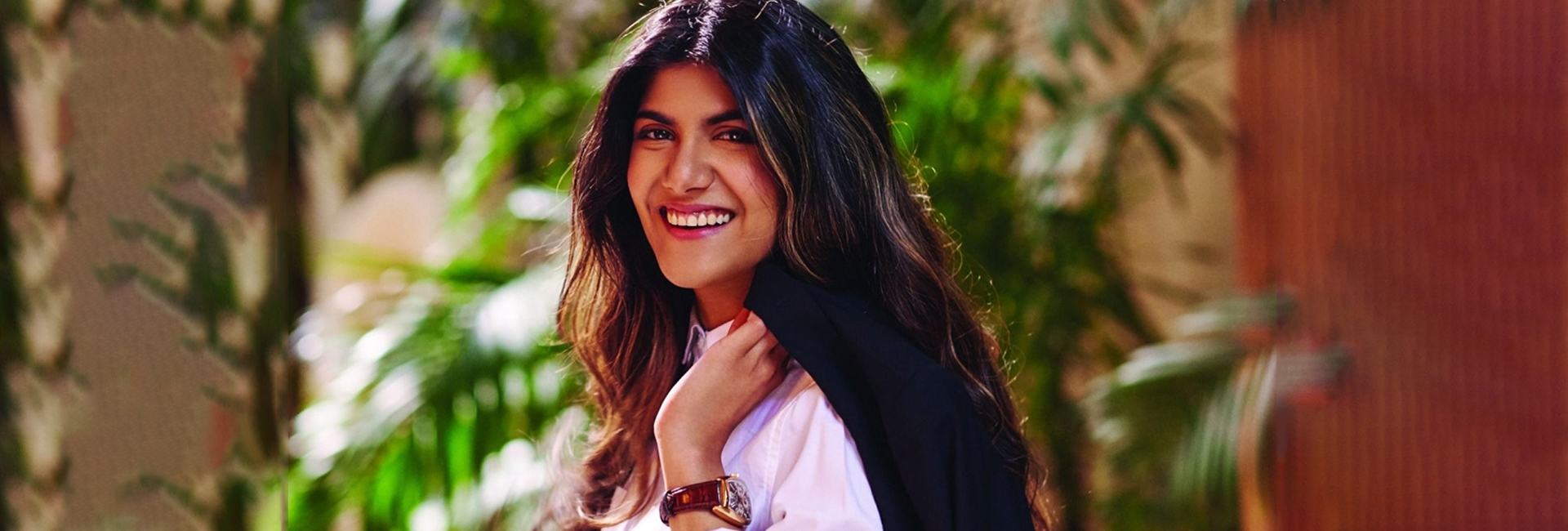
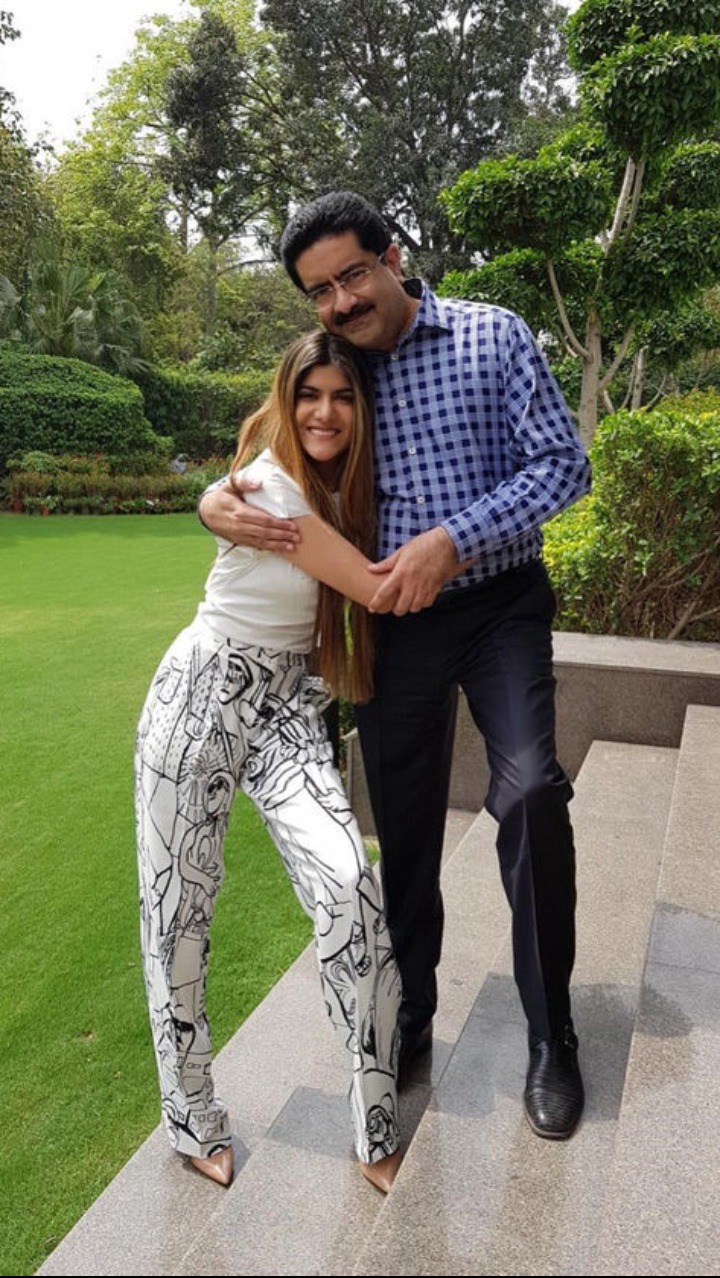 Ananya Birla with father Kumar Mangalam Birla[/caption]
Ananya Birla with father Kumar Mangalam Birla[/caption]